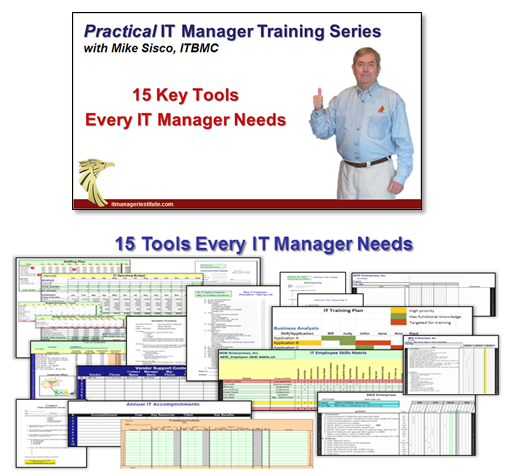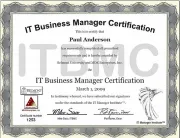 If your organization is getting bombarded with “last minute” requests, there are four things you need to understand:
If your organization is getting bombarded with “last minute” requests, there are four things you need to understand:
- What are the requests?
- Why are the requests being asked at the “last minute”?
- Who is asking for help?
- What’s causing these issues?
If you know the answers to these four questions, you should be able to develop a strategy to reduce or eliminate the issues altogether. Worst case is that you should be able to develop processes that reduce the need for so many “last minute” cries for help.
In many cases, Help Desk logs and incident trends should be able to help you identify the answers to the first three questions. The last question takes a bit of analysis, but when you have the data to support the first three questions it usually points to “what’s causing the issue”.
The answer to this dilemma usually falls into one or more categories:
- quality
- capacity
- managing expectations
- responsiveness
Once you know what, why, who, and cause, , , then the rest is up to you as the manager to develop and initiate processes for improvement or conduct coaching sessions that improve the situation.
 There is always a logical reason as to why “last minute” calls are coming in. Figure out the four questions above and you will get to the solution to reduce or eliminate the problem.
There is always a logical reason as to why “last minute” calls are coming in. Figure out the four questions above and you will get to the solution to reduce or eliminate the problem.
Need an example?
Let’s say you get too many requests for a new PC at the “last minute”. Maybe, a department manager habitually forgets to tell you a new employee will start on Monday morning. That manager may not even remember to get the employee set up with a cube and a phone, , , but if he has to wait on a PC, then it is always “IT’s fault”.
Simple way to eliminate this “knee-jerk” reaction you and your staff can be put into is to have a few spare PC’s available that are already fully configured with your standard image for a new employee. When you get the “last minute” request, deploy one of the spare PC’s and get the new employee up and running, , , then order a replacement spare PC for the next time you have such an “opportunity”.
One of the priorities we have as managers is to try to eliminate the reactive nature of our IT support business. Many things are out of our control like the “last minute” requests from other managers, , , but we can usually do something like the spare PC process to minimize the impact these things have on our staff.
The bottom line: even when some things out of your control can create challenges for your organization, you actually possess more control than you might think to be a responsive IT organization.




















